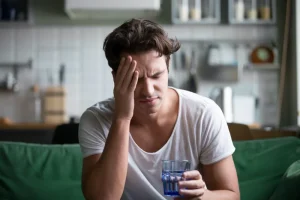
If you’re feeling overwhelmed by your anxiety disorder, there are other ways to seek help. If you have a history of anxiety or mental disorders, make sure to share this with your healthcare provider so you know how alcohol or other substances may affect you differently. If you find a connection between drinking alcohol and feeling anxious you can take steps to reduce the amount you drink. Aim can drinking alcohol cause panic attacks to drink less than the recommended limits set by the UK government. But if you still notice anxiety or panic symptoms with this level of drinking, you could try to further reduce how much you drink. But remember, if you’re already prone to anxiety or have been diagnosed with an anxiety disorder, consuming even a small amount of alcohol can trigger your symptoms, including panic attacks.
What are the signs and symptoms of panic disorder?
Experiencing anxiety the day after drinking, commonly known as a “hangover anxiety” or “hangxiety,” is a common occurrence for many individuals. Alcohol’s impact on neurotransmitters and the body’s stress response system can leave individuals feeling anxious, irritable, and emotionally fragile after a night of drinking. Alcohol’s impact on neurotransmitters in the brain, such as serotonin and gamma-aminobutyric acid (GABA), can disrupt the body’s natural balance and increase susceptibility to anxiety attacks. Moreover, alcohol-induced changes in sleep patterns and overall brain function can further exacerbate anxiety symptoms, potentially culminating in full-blown anxiety attacks. The parallel-treatment approach requires that specific treatments for both disorders are delivered simultaneously, although not necessarily by the same provider or even in the same facility. However, coordination among providers and between facilities becomes a critical issue with parallel treatments when they are not colocated.
- Additionally, the psychological effects of regret or embarrassment from alcohol-induced behavior can exacerbate anxiety symptoms.
- Make sure to get enough sleep and exercise, eat a healthy diet, and turn to family and friends who you trust for support.
- The authors suggest someone with AUD has a higher risk of developing an anxiety disorder and vice versa.
- This may lead to a vicious cycle, causing a person to experience panic attacks seemingly out of the blue, the central feature of panic disorder.
What is panic disorder?
If you think that you would benefit from talking to a professional, then you could also try to speak to a local councillor or psychologist about your anxiety or substance use disorder. There is a big debate as to whether anxiety directly causes anxiety or simply makes pre-existing anxiety symptoms worse. Unfortunately, when someone becomes addicted to alcohol they suffer from a whole host of issues, including financial issues. Due to this, people might feel more anxious about paying bills, doing to the weekly food shop or filling up the car with petrol. Most people also feel this type of anxiety when they have to speak in public or perform socially in any way. You might feel anxious that you will be judged by other people in some way.
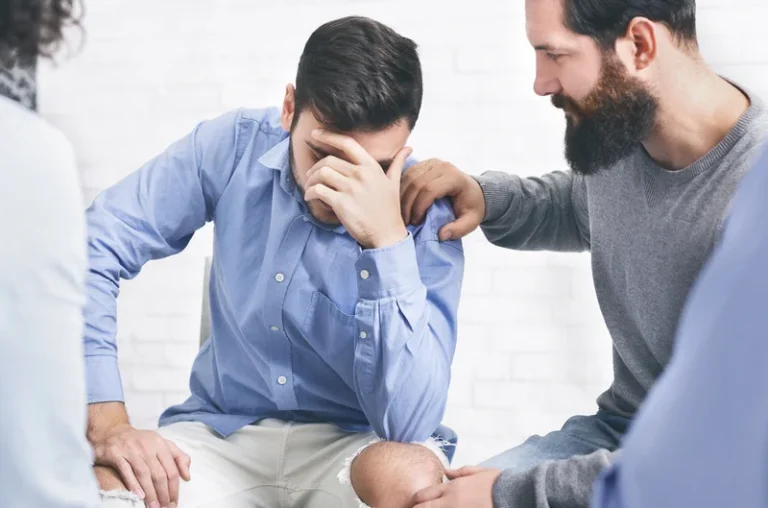
Can alcohol cause anxiety?

Anxiety often causes physical symptoms, such as a racing heart or knots in your stomach. But these symptoms are generally less intense and last longer than a panic attack, which has very intense but brief symptoms. While panic attacks by themselves aren’t dangerous or harmful to your health, frequent attacks can lead to a decrease in your quality of life and other issues. During the height of my drinking days, I used to wake up to a racing heart and the most intense feelings of dread. Alcohol also blocks glutamate, an excitatory neurotransmitter linked to anxiety. If you are someone who struggles with an anxiety disorder, this feels especially wonderful.
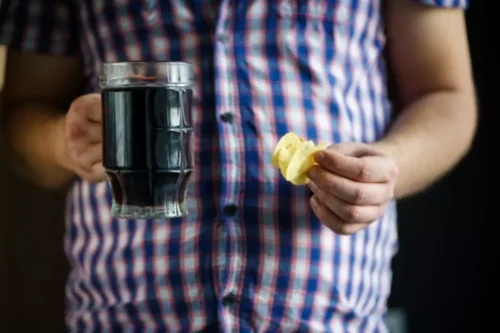
Co-occurring disorders: Anxiety and Alcoholism
Couple that with headaches, feeling sick and disorientated, and it can make it even harder to recover from your symptoms. In fact, studies which have looked into the brain images of excessive drinkers found huge abnormalities in the brain’s amygdala [3]. If you think that you are experiencing some form of anxiety, then it is important to get the help you need. You can start by speak to your local GP or to a member of the team at OK Rehab. Your tummy might start to turn and you might also start to sweat excessively. You might start to worry about what might happen in the future, and this will start to affect your everyday life.
Does Alcohol Cause Anxiety?
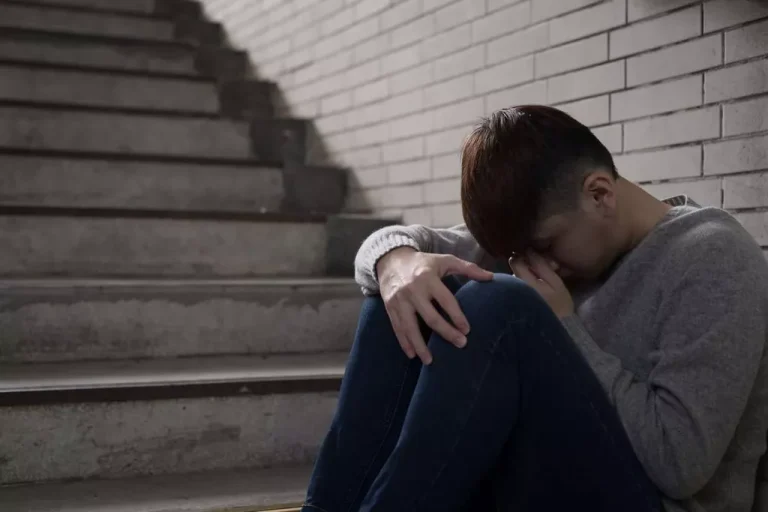
If you have an anxiety disorder, alcohol misuse and withdrawal can make your symptoms worse. The initial symptoms of anxiety and panic may be related to alcohol withdrawal. It could also https://ecosoberhouse.com/article/alcohol-allergies-symptoms-and-signs/ be that alcohol use provides a mechanism for these disorders to develop. Other researchers have proposed a genetic link influencing a person’s anxiety level and alcohol consumption.
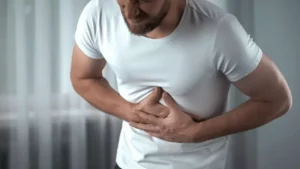
Types of anxiety and symptoms
- If you are experiencing panic disorder symptoms, have an honest conversation about how you’re feeling with someone you trust.
- Compared side by side, these proposed causal models provide competing explanations for the joint development of anxiety disorders and AUDs.
- Dr. Zia is a double board-certified Adult and Child & Adolescent Psychiatrist with 10 years of experience in diagnosing and treating common psychiatric conditions including Depression, Anxiety, PTSD, Bipolar Disorder, and Psychosis.
- It can be incredibly difficult, but it is the one of the best things you can do for your mental and physical health.
- The longer you subject yourself to this cycle, the harder the road back to happiness and balance becomes.